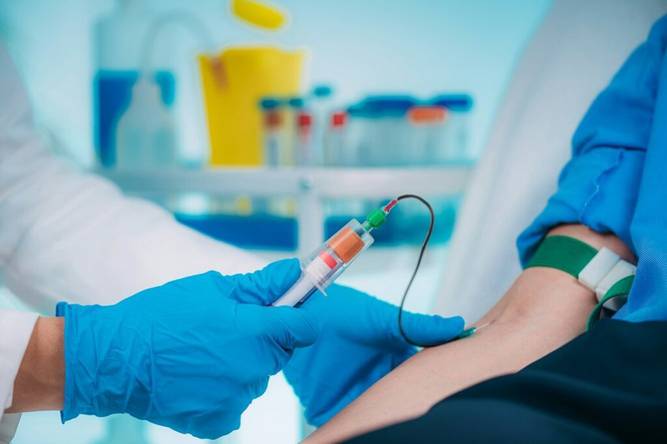In the world of healthcare and laboratory science, many professionals start their journey with blood draws and basic lab tasks. However, the career ladder in this field is surprisingly diverse and offers numerous unexpected opportunities for growth and advancement. ? Whether you're a phlebotomist, a lab technician, or someone considering a career in laboratory science, understanding the potential pathways can help you navigate your future with confidence.

The Foundation: Starting as a Phlebotomist
Phlebotomy is often the entry point for many in the healthcare field. According to the Bureau of Labor Statistics, the demand for phlebotomists is projected to grow by 22% from 2020 to 2030, much faster than the average for all occupations. This growth is driven by an aging population and the increasing need for medical testing.
Phlebotomist Salary Overview
| Year | Average Salary ($) | Job Openings |
|---|---|---|
| 2020 | 36,320 | 30,000 |
| 2021 | 37,000 | 32,000 |
| 2022 | 38,000 | 35,000 |
| 2023 | 39,000 | 38,000 |
As you can see, the average salary for phlebotomists has been steadily increasing, reflecting the growing demand for their skills. ?
Advancing to Laboratory Technician
After gaining experience as a phlebotomist, many professionals choose to advance to laboratory technician roles. This transition often requires additional training or certification, but the rewards can be significant. Laboratory technicians perform a variety of tests and analyses, contributing to patient diagnoses and treatment plans.
Laboratory Technician Salary Overview
| Year | Average Salary ($) | Job Openings |
|---|---|---|
| 2020 | 52,000 | 50,000 |
| 2021 | 53,500 | 52,000 |
| 2022 | 55,000 | 55,000 |
| 2023 | 57,000 | 58,000 |
The average salary for laboratory technicians has also seen a positive trend, with a current average of $57,000. This role not only offers a higher salary but also a chance to work with advanced technology and contribute to critical healthcare decisions. ?
Exploring Further: Laboratory Manager Roles
For those who aspire to take on leadership roles, becoming a laboratory manager is a viable option. This position typically requires several years of experience and often a bachelor’s degree in a related field. Laboratory managers oversee operations, ensure compliance with regulations, and manage staff, making it a pivotal role in any healthcare setting.
Laboratory Manager Salary Overview
| Year | Average Salary ($) | Job Openings |
|---|---|---|
| 2020 | 75,000 | 10,000 |
| 2021 | 78,000 | 11,000 |
| 2022 | 80,000 | 12,000 |
| 2023 | 82,000 | 13,000 |
As shown in the table, the average salary for laboratory managers has reached $82,000, reflecting the importance of their role in healthcare. ?
Additional Career Pathways
Beyond these traditional roles, there are several other career pathways that professionals can explore:
- Quality Control Analyst: Focuses on ensuring that laboratory tests meet quality standards.
- Clinical Research Coordinator: Manages clinical trials and research studies.
- Laboratory Information Systems Specialist: Works with technology to manage lab data and information systems.
Each of these roles offers unique challenges and rewards, and many require specialized training or certifications. For more information on certifications and training programs, you can visit ASCP or NAACLS.
Conclusion: Charting Your Path
The journey from blood draws to a managerial position in a laboratory is filled with opportunities for growth and specialization. Whether you choose to remain in a technical role or aspire to leadership, the healthcare field is ripe with potential. ? By understanding the various pathways available, you can make informed decisions about your career and take proactive steps toward achieving your goals.
Remember, every step you take in your career is a building block for your future. Embrace the journey, seek out mentorship, and continue to learn and grow. The possibilities are endless!



